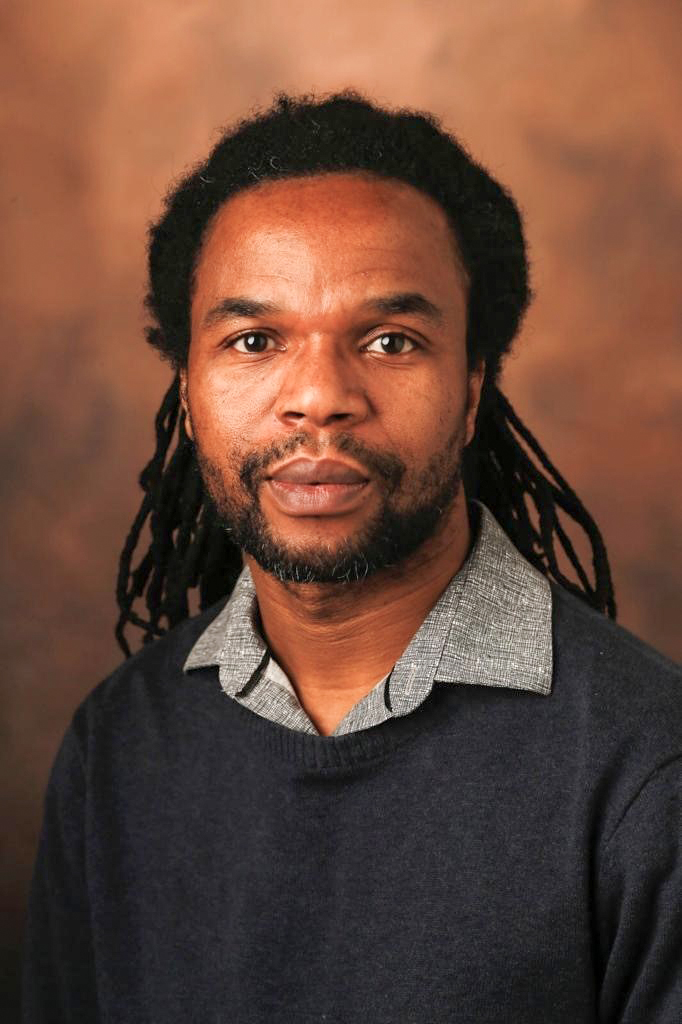Cosmo-uBuntu: Toward a New Theorizing for Justice in Education and Beyond
Abstract
Cossa, J. (2020). Cosmo-uBuntu: Toward a New Theorizing for Justice in Education and Beyond. In Abdi, A. A. (Ed.). Critical Theorizations of Education. Leiden, The Netherlands: Brill | Sense.
In this chapter, José Cossa examines the Modernity-confined dominant conceptualizations and theorizations about critical perspectives on justice in education, with important analytical and livelihood attachments to other areas of human existence. The chapter’s perspectives derive from Cossa’s earlier and original theoretical and philosophical critiques of the contemporary global situation, where unequal power dynamics accentuate the shortcomings of critical Cosmopolitanism, which requires the indispensable de-bordering, de-centering, de-peripherizing, and de-colonializing of the world. In addition and as an important component of achieving the needed conceptualizations and theorizations, the author proposes a new concept, epistemic genocide, as complimentary to the more widely used concept of epistemic violence. To achieve these objectives, the chapter deploys conceptual critical analysis, thus evoking what Cossa calls Cosmo-uBuntu theorizing as an ‘orientation for a new exterior (to Modernity) theorizing.’ This is perspectively mixed with issues of justice education and epistemologies with extra connections to’ data, data science, and Artificial Intelligence (AI) as relatively new dimensions of conceptual-theoretical interaction.’
Abstract
Cossa, J. (2020). Cosmo-uBuntu: Toward a New Theorizing for Justice in Education and Beyond. In Abdi, A. A. (Ed.). Critical Theorizations of Education. Leiden, The Netherlands: Brill | Sense.
In this chapter, José Cossa examines the Modernity-confined dominant conceptualizations and theorizations about critical perspectives on justice in education, with important analytical and livelihood attachments to other areas of human existence. The chapter’s perspectives derive from Cossa’s earlier and original theoretical and philosophical critiques of the contemporary global situation, where unequal power dynamics accentuate the shortcomings of critical Cosmopolitanism, which requires the indispensable de-bordering, de-centering, de-peripherizing, and de-colonializing of the world. In addition and as an important component of achieving the needed conceptualizations and theorizations, the author proposes a new concept, epistemic genocide, as complimentary to the more widely used concept of epistemic violence. To achieve these objectives, the chapter deploys conceptual critical analysis, thus evoking what Cossa calls Cosmo-uBuntu theorizing as an ‘orientation for a new exterior (to Modernity) theorizing.’ This is perspectively mixed with issues of justice education and epistemologies with extra connections to’ data, data science, and Artificial Intelligence (AI) as relatively new dimensions of conceptual-theoretical interaction.’
